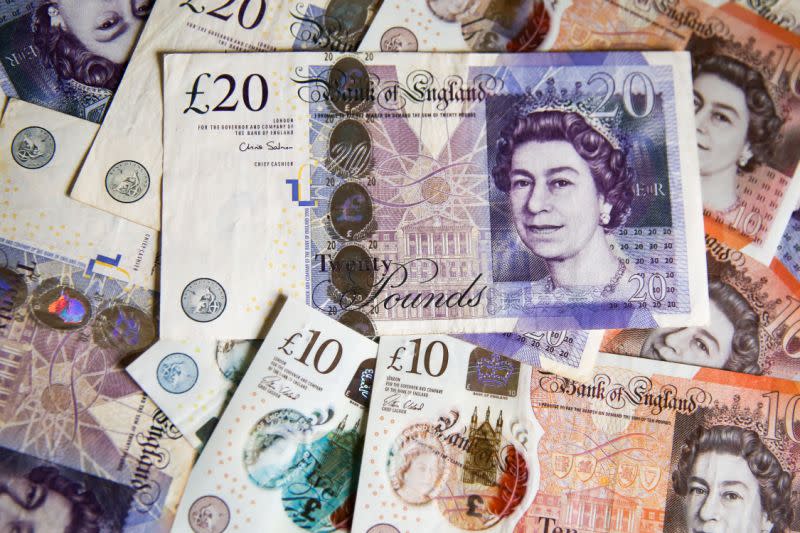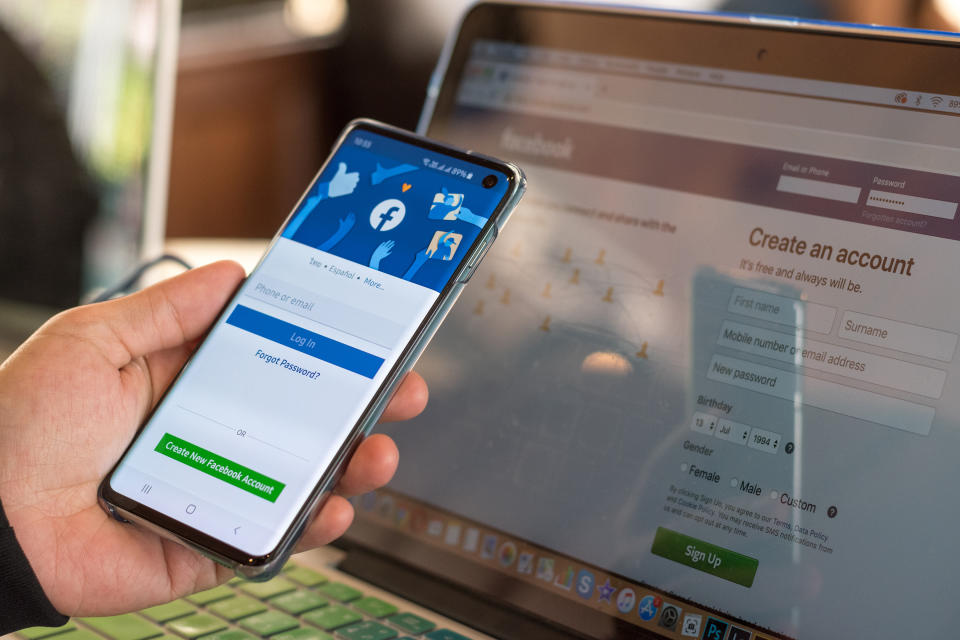The latest money scams you should be aware of

Scams are on the rise in the UK as fraudsters exploit the COVID-19 crisis to deceive Brits and steal their money and personal information.
During March alone, scam reports shot up by a massive 400%. Meanwhile, Action Fraud figures show losses from coronavirus-themed scams have now surpassed £5m ($6.17m).
To help, the financial crime Team at Hitachi Personal Finance has listed the most common scams to look out for in 2020, and provided some top tips to avoid them.
The most common scams in 2020
Phone and holiday scams
Phone scams, disguised as cold calls or even calls from companies you are a customer with, are on the rise, with the latest research from Ofcom suggesting up to a quarter of “nuisance calls” in 2020 could be scam calls — up from just 4% in 2017.
Often during the summer months, scammers will cold call or email, pretending to be a travel company, offering low prices on holidays to get hold of your personal info and bank details, Hitachi Personal Finance said.
Top tips for avoiding being scammed over the phone:
Never disclose any personal information to anyone asking you to make a transaction over the phone and hang up if they are insistent or rushing you to make a decision.
A genuine bank or organisation will never contact you out of the blue to ask for your PIN, full password or to move money to another account for “safe keeping”.
Only give out your personal or financial details to use a service that you have given your consent to, that you trust and that you are expecting to be contacted by.
If you’re unsure, hang up immediately and contact your bank using the number on the back of your card or statement.
If it looks too good to be true, it usually is. For holiday related calls, research the company using the Air Travel Organiser’s Licence (ATOL) and Association of British Travel Agents (ABTA) databases, and ask friends if it’s something they’re familiar with.
READ MORE: Coronavirus: a third of Brits eating into savings in lockdown
Phishing emails
Most people are used to deleting spam emails, but what about those sent from your bank or a service that you use? Scammers are becoming increasingly clever and are now cloning legitimate emails in order to send ones that look identical to those from big names.
Top tips to avoid being scammed by phishing emails:
Never click on any links or open any attachments from suspicious emails, as this is how the scammer accesses your data.
Double check the address that the email has been sent from, malicious emails will often have an obscure email address (although be wary as some do appear genuine at first glance).
Report any emails you are unsure about as a phishing attempt, and delete from both your inbox and your deleted folder.
If an email from a particular ‘company’ seems suspicious, e.g. from a bank you’re not a customer with, contact the company to verify whether it’s real or fake.
Social media

Research by Which? shows 21 people are defrauded every minute due to sharing too much information on social media.
Top tips to avoid social media scams:
Think about what you’re sharing and who can see it, especially if your profiles aren’t set to private.
Double check the background of your photos for any private info e.g. letters, bank cards or driving license. Fraudsters can follow your posts and piece together your personal information over time leading to possible identity theft.
READ MORE: Coronavirus — Brits lose £3.5m to COVID-19 scams
Coronavirus scams
In March of this year, the City of London police reported a 400% increase in scams as a result of Coronavirus-related fraud.
Over 100 reports had also been sent to Action Fraud around this time, with total losses reaching nearly £970,000.
Some of the most recent email and text phishing scams relating to coronavirus include:
Fake lockdown fines — People have been warned not to fall for fake text messages stating they have been fined for stepping outside during the coronavirus lockdown. The message claims to be from the Government, telling the recipient their movements have been monitored through their phone and they must pay a fine or face a more severe penalty.
HMRC goodwill payment — The MET police have warned of a fake message designed to steal Brits’ account details. The message states, “As part of the NHS promise to battle the COV-19 virus, HMRC has issued a payment of £258 as a goodwill payment.” Recipients are warned not to share any account details if they receive this message.
Fake council tax reductions — A fake email using government branding has been reported, which asks for banking details in return for a Coronavirus related council tax rebate. Brits are warned not to share any personal information in response to this email and report directly to Action Fraud.
Free school meals — The department for education (DfE) has issued warnings about a scam designed to steal your bank details, which claims: “As schools will be closing, if you’re entitled to free school meals, please send your bank details and we’ll make sure you’re supported.”
WhatsApp request to forward your code — A recent scam which users have been warned to be particularly cautious about could grant hackers full access to your WhatsApp messages, photos and videos. Someone who knows your phone number could request to register your WhatsApp on a different device, and when a verification code is sent to you, the hacker will then message you to try and coax you into forwarding this on to them. They could then target your contacts with requests for money.
Contract tracing scams — People are being warned to be wary of scammers pretending to be from the NHS as coronavirus contact tracing launches in the UK. The NHS test and trace service will only be contacting people by phone, text message or email. Calls and texts will come from one verified NHS number: 0300 013 5000. Calls from any other numbers, or from a withheld number, should be treated as fake.

